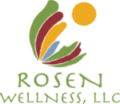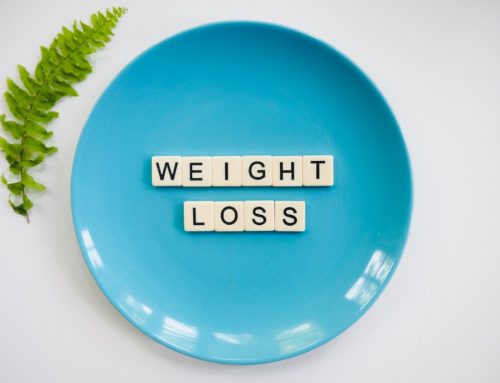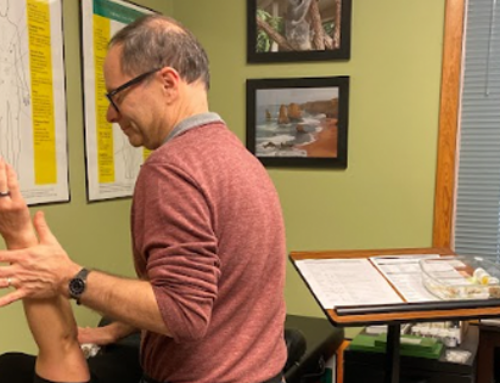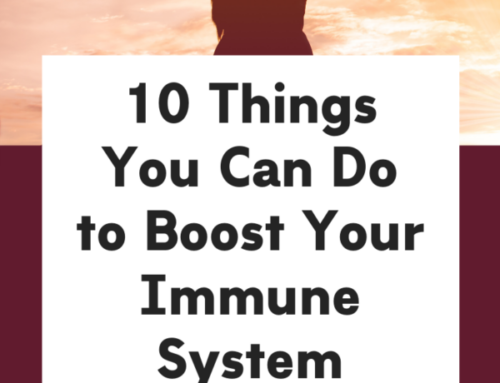Today we continue our look at minerals. As a quick refresher minerals are important to us for several reasons. First, they assist the body in energy production – minerals contain no calories or energy. They work with vitamins and enzymes to fuel all your metabolic processes. We do not make minerals so they must come from the earth and what we eat. Unfortunately, due to soil conditions in much of the country, many of the minerals have been depleted, so they are not as readily available in the food we eat. Today’s minerals focus on keeping us healthy while supporting our immune system.
We’re all familiar with how important iron is for the health of our blood. Iron aids in hemoglobin production, which is critical in the transportation of oxygen around the body. Oxygen fuels the body and hemoglobin helps get it around! Iron also supports enzyme formation and function – enzymes too make things happen in the body. The iron containing enzymes are required for energy production and to carry oxygen throughout the body. Iron is also part of the enzyme system that produces DNA – the blueprint of the body – so it is critical in growth, reproduction, healing, and immune function.
Iron is tricky as too little can cause anemia—but too much can lead to atherosclerosis and other cardiovascular problems. Unlike other minerals, excess iron is not excreted from the body. Instead, it’s stored in the tissues, accelerating iron overload indefinitely.
Selenium
Selenium acts as an antioxidant with Vitamin E and aids in DNA and protein synthesis. It is these antioxidants that neutralize free radicals and prevent them from damaging tissues and cells. It supports a healthy immune system response (keeps you healthy), prostaglandin production (these are hormone precursors), and healthy reproductive, pancreatic, and thyroid functions. If you remember some of my previous comments about synthetic versus natural vitamins, you’ll find that real Vitamin E complex contains selenium. Guess what doesn’t? Yes, synthetic Vitamin E. Perhaps that is why when “they” do the studies that conclude Vitamin E does not support heart health, if we look closer we learn they are using synthetic and not real Vitamin E. It seems to make a difference!
Selenium is also important in the blood, cardiovascular, endocrine, enzymatic, immune, integumentary, nervous, and renal systems. Essentially it is used throughout the body.
Where to get it? One of the best sources is Brazil nuts. I have 4-5 every morning in my protein shake. Other sources include barley, broccoli, brown rice, lamb, lean meats, milk, mushrooms, nutritional yeast, organ meats, seafood (cod, crab, halibut, salmon, shrimp, snapper, tuna), tomatoes, turnips, walnuts, wheat germ, and whole grains.
Zinc we are often told is good for the immune system. True, but apparently viruses like it too! What does that mean? Taking that zinc lozenge may not always be the best idea if it is a virus you are fighting.
Yet, zinc is a very important mineral, especially for men. Zinc is one of the key ingredients for the prostate gland. Men will want to make sure they are getting sufficient zinc. One in six men will be diagnosed with prostate cancer. Zinc supports the formation of many enzymes and insulin. The same insulin we need for blood sugar control. It also assists with wound healing, reproductive organ growth and development, and metabolism of phosphorus, carbohydrates, and proteins. Putting it simply – zinc helps many body processes work.
Zinc also has a special relationship with copper – one of antagonism. That means if your zinc levels rise, your copper levels will decrease, or if your copper levels rise, your zinc levels will decrease. This is very significant for women as too much copper can make them “copper crazy”. Too much copper throws hormones out of balance and results in many of the “female symptoms”. What gets copper levels high? The big three are birth control pills, copper IUDs, and soy (another reason not to like soy).
Zinc is found in many foods including almonds, beets, carrots, cashews, Cheddar cheese, green peas, lamb, lean beef and pork, liver, milk, mushrooms, peanuts, poultry, pumpkin seeds, seafood (crabs, oysters, shrimp), sesame seeds, spinach, wheat germ, whole grains, and yogurt. Lots of healthy food choices to get your zinc!







